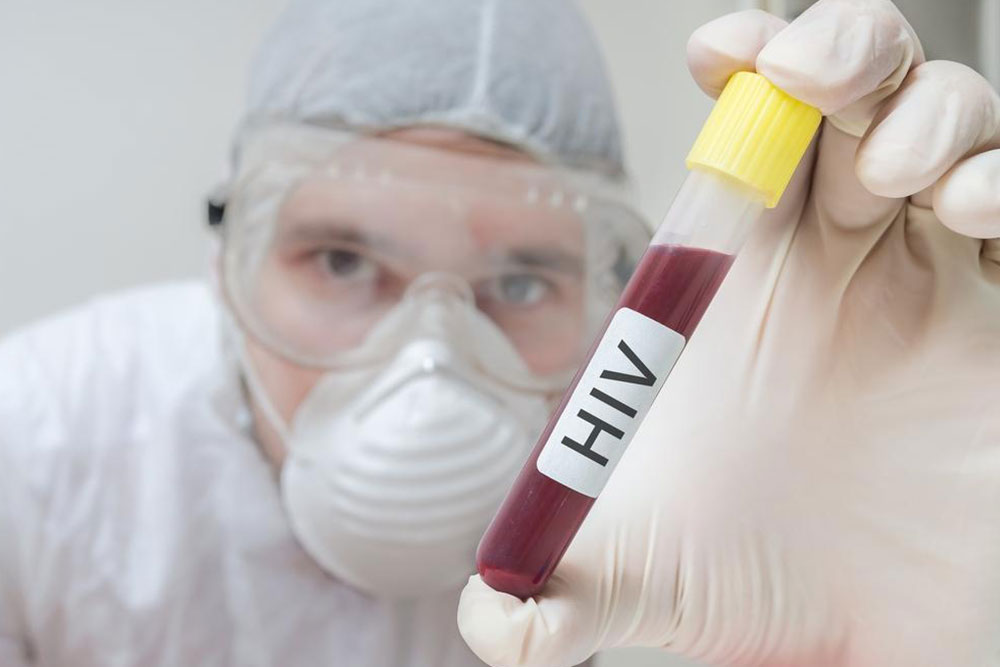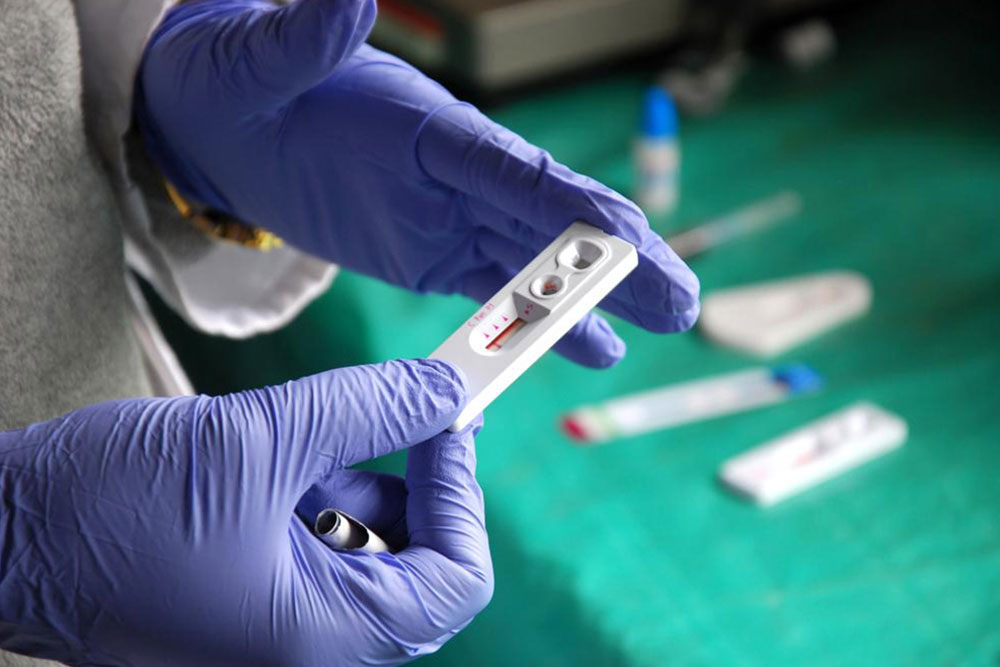Comprehensive Guide to Managing HIV/AIDS Treatment Strategies
This article offers an in-depth overview of HIV/AIDS management, emphasizing the importance of antiretroviral therapy, infection prevention, and proper nutrition. While no cure exists, effective treatment helps control the virus and enhances quality of life. It highlights medication classes like ART, entry inhibitors, and integrase inhibitors, along with tips for preventing opportunistic infections. Proper medical supervision and lifestyle adjustments are essential for living well with HIV/AIDS.

Comprehensive Guide to Managing HIV/AIDS Treatment Strategies
Human Immunodeficiency Virus (HIV) is the pathogen behind Acquired Immunodeficiency Syndrome (AIDS). It attacks the immune system, weakening the body's ability to fight infections and illnesses. Without effective treatment, HIV can lead to severe infections or death. While there is currently no cure, advancements in medication help control the virus and prevent disease progression. Proper management includes antiretroviral therapy (ART), dietary care, and precautions against opportunistic infections to improve quality of life for those living with HIV/AIDS.
Antiretroviral Therapy (ART): The primary approach for HIV treatment involves ART, which combines different medications to suppress viral replication. These drugs belong to various classes:
Non-nucleoside reverse transcriptase inhibitors (NNRTIs): block HIV from copying its genetic material.
Nucleoside or nucleotide reverse transcriptase inhibitors (NRTIs): mimic DNA building blocks, disrupting viral replication.
Protease inhibitors (PIs): inhibit enzymes needed for the virus to mature and multiply.
Other medications include entry or fusion inhibitors, which prevent HIV from entering CD4 cells, and integrase inhibitors, which stop the virus from integrating its genetic material into the host DNA. A proper combination of these drugs enhances treatment efficacy.
Managing Infections and Nutrition: Preventive care against opportunistic infections is crucial due to immune suppression. A nutritious, balanced diet with essential micronutrients supports the immune system and overall health. Regular medical check-ups and adherence to prescribed medications are vital for disease control.
Note: This article provides general information about HIV/AIDS management. It is not medical advice. Always consult licensed healthcare professionals for diagnosis and treatment options. Proper adherence to prescribed therapies and precautions can significantly improve living circumstances for affected individuals.










